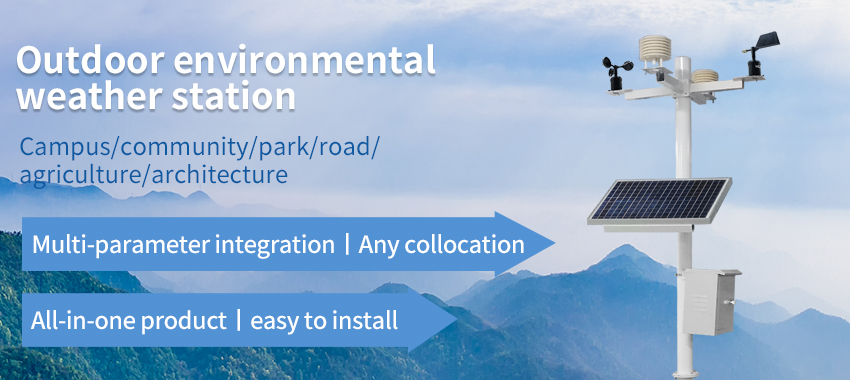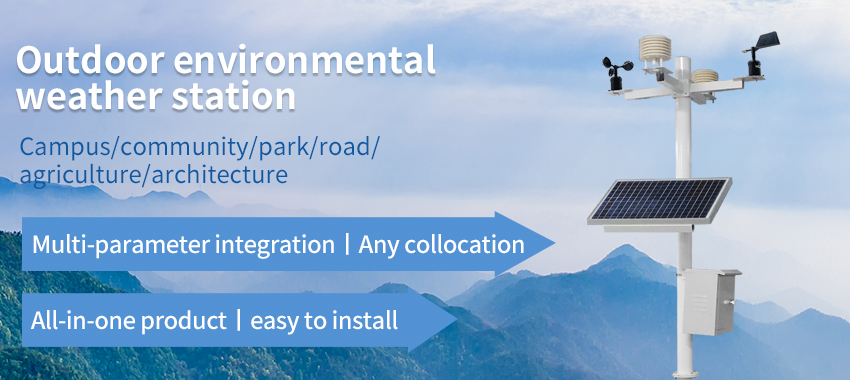In recent years, advancements in agricultural technology have revolutionized the way farmers cultivate their crops. Among these innovations, soil sensor monitoring has emerged as a powerful tool for enhancing agricultural practices. Soil sensors provide real-time data on various soil parameters, enabling farmers to make informed decisions about irrigation, fertilization, and overall crop management. This article will explore the benefits of soil sensor monitoring and its potential to improve agricultural practices.

Comprehensive Soil Analysis:
Soil sensors offer farmers a comprehensive analysis of the soil's health and composition. They measure crucial parameters such as moisture content, temperature, pH levels, and nutrient availability. By accessing this information, farmers can gain insights into the soil's ability to support plant growth and identify potential issues such as nutrient deficiencies or excessive moisture.
The data collected by soil sensors also helps farmers monitor soil compaction, an issue that can hinder root growth and nutrient uptake. By detecting areas with high compaction levels, farmers can implement targeted strategies to alleviate the problem, such as adjusting tillage practices or using cover crops. Understanding soil health through soil sensor monitoring allows farmers to create optimal conditions for crop growth and address any issues that may arise.
Precise Irrigation Management:
Efficient irrigation management is crucial for sustainable agriculture, and soil sensors play a vital role in achieving this goal. These sensors provide real-time data on soil moisture levels, allowing farmers to precisely manage irrigation. By monitoring the soil moisture at different depths, farmers can determine when and how much water to apply, optimizing irrigation efficiency. This targeted approach helps prevent under or over-irrigation, reducing water waste and ensuring that crops receive the right amount of water for optimal growth.
In addition to measuring soil moisture, advanced soil sensors can assess evapotranspiration rates, which indicate the amount of water lost through evaporation and plant transpiration. By integrating this data with weather information, farmers can adjust irrigation schedules to match the specific water requirements of their crops. This precision irrigation management not only conserves water but also reduces energy costs associated with pumping and delivering irrigation water.
Optimized Nutrient Management:
Proper nutrient management is essential for healthy plant growth and maximizing yields. Soil sensors help optimize nutrient management by providing accurate information on nutrient levels in the soil. Farmers can use this data to determine the soil's nutrient content and make informed decisions regarding fertilizer application. By applying fertilizers precisely where they are needed, farmers can minimize nutrient wastage and reduce environmental impacts such as nutrient runoff.
Moreover, soil sensors assist farmers in implementing site-specific nutrient management strategies. By analyzing nutrient distribution within a field, farmers can identify areas with nutrient deficiencies or excesses. This information allows for targeted interventions, such as variable rate application of fertilizers, where different amounts are applied based on the soil's nutrient requirements. This precision nutrient management improves crop quality, reduces fertilizer costs






